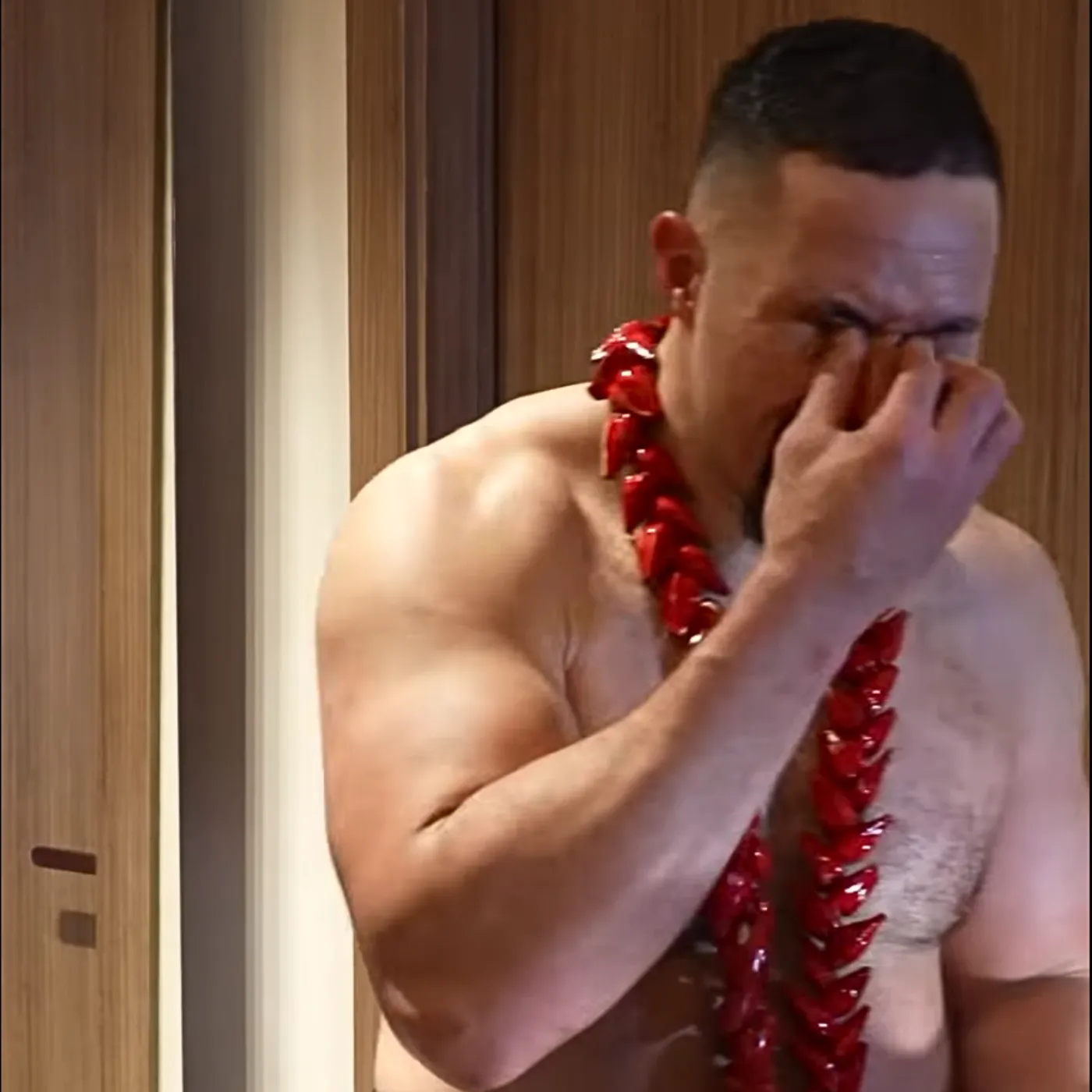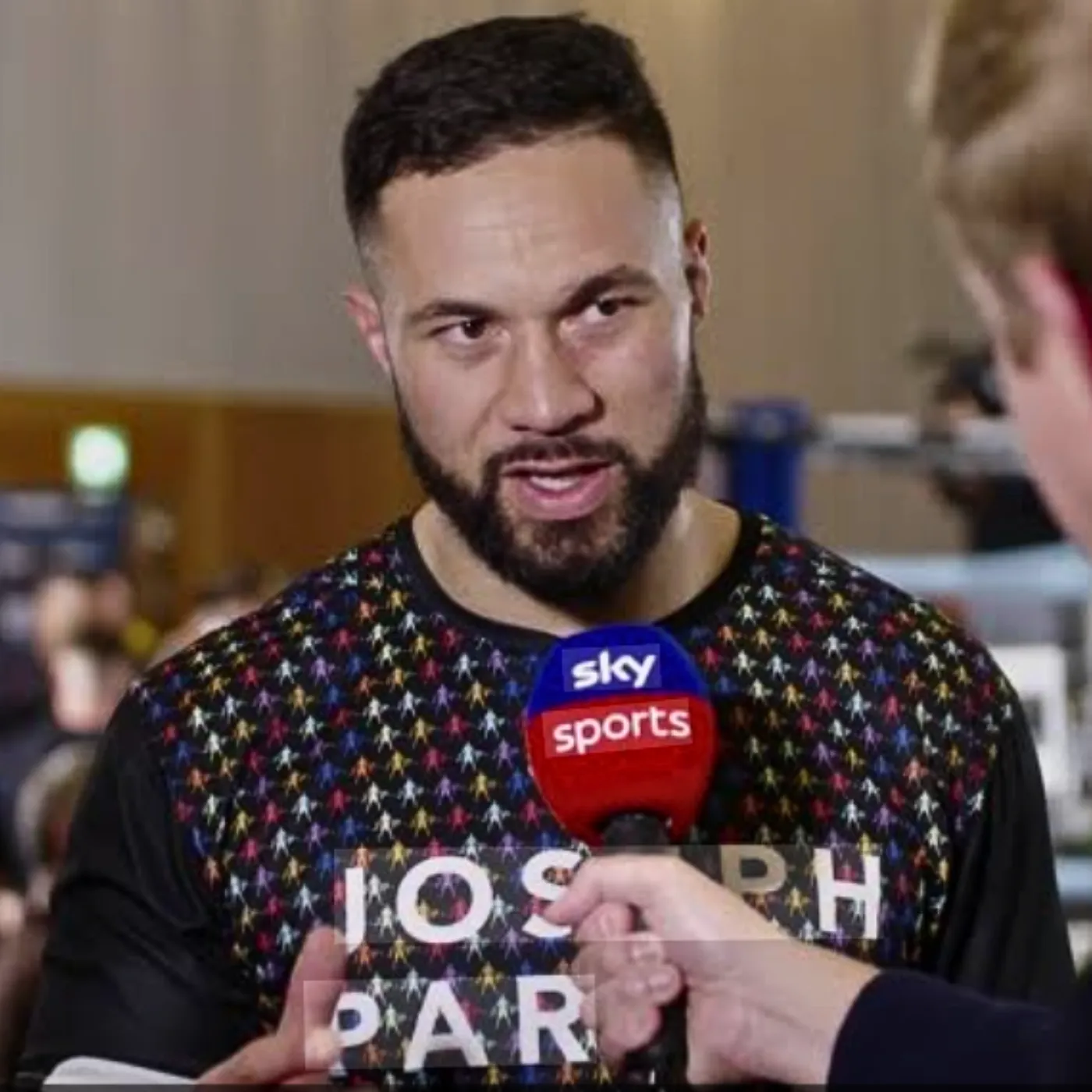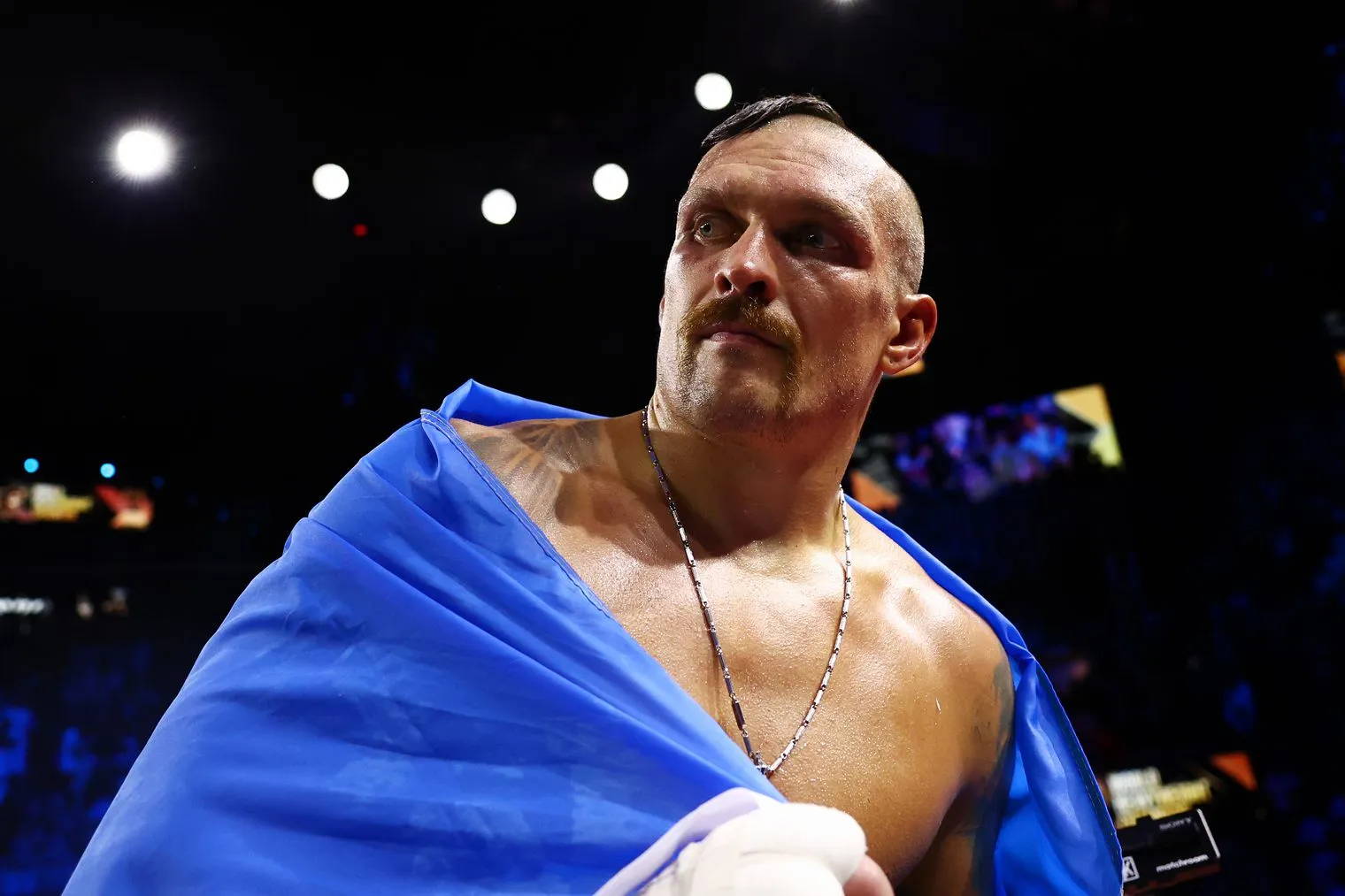
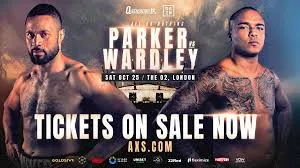
Joseph Parker vs Fabio Wardley Announced at $59.99 – Is This a True Blockbuster or the Biggest Scam of the Year?
The boxing world woke up to a surprise when DAZN confirmed that the upcoming Joseph Parker vs Fabio Wardley interim heavyweight title fight will be locked behind a $59.99 pay-per-view wall. Fans who already pay for the DAZN subscription will now need to dig even deeper into their wallets if they want to witness the resurgent Parker square off against Britain’s rising knockout artist Wardley. This decision has immediately sparked heated debates online. While boxing fans are no strangers to expensive fight nights, this particular matchup raises one critical question: does it really deserve the PPV tag at that price point?
A Look at the Main Event: Parker’s Redemption vs Wardley’s Breakout
Joseph Parker, once the WBO heavyweight champion and a consistent presence in big fights, has clawed his way back into relevance after a tough stretch that included losses to Anthony Joshua, Dillian Whyte, and Joe Joyce. Now, Parker is riding momentum, his name freshly re-energized following his gritty win against Deontay Wilder, and many see him as a fighter who refuses to fade quietly from the spotlight. Standing across from him is Fabio Wardley, the unbeaten British puncher who has been bulldozing his way up the ranks with a highlight reel of knockouts.
For Wardley, this fight represents the ultimate litmus test — a chance to prove whether his power can translate at the elite level, or whether Parker’s veteran savvy will expose him as just another hype train. On paper, the fight looks solid. But in the ruthless landscape of boxing economics, being a good fight isn’t always enough to justify a hefty paywall.
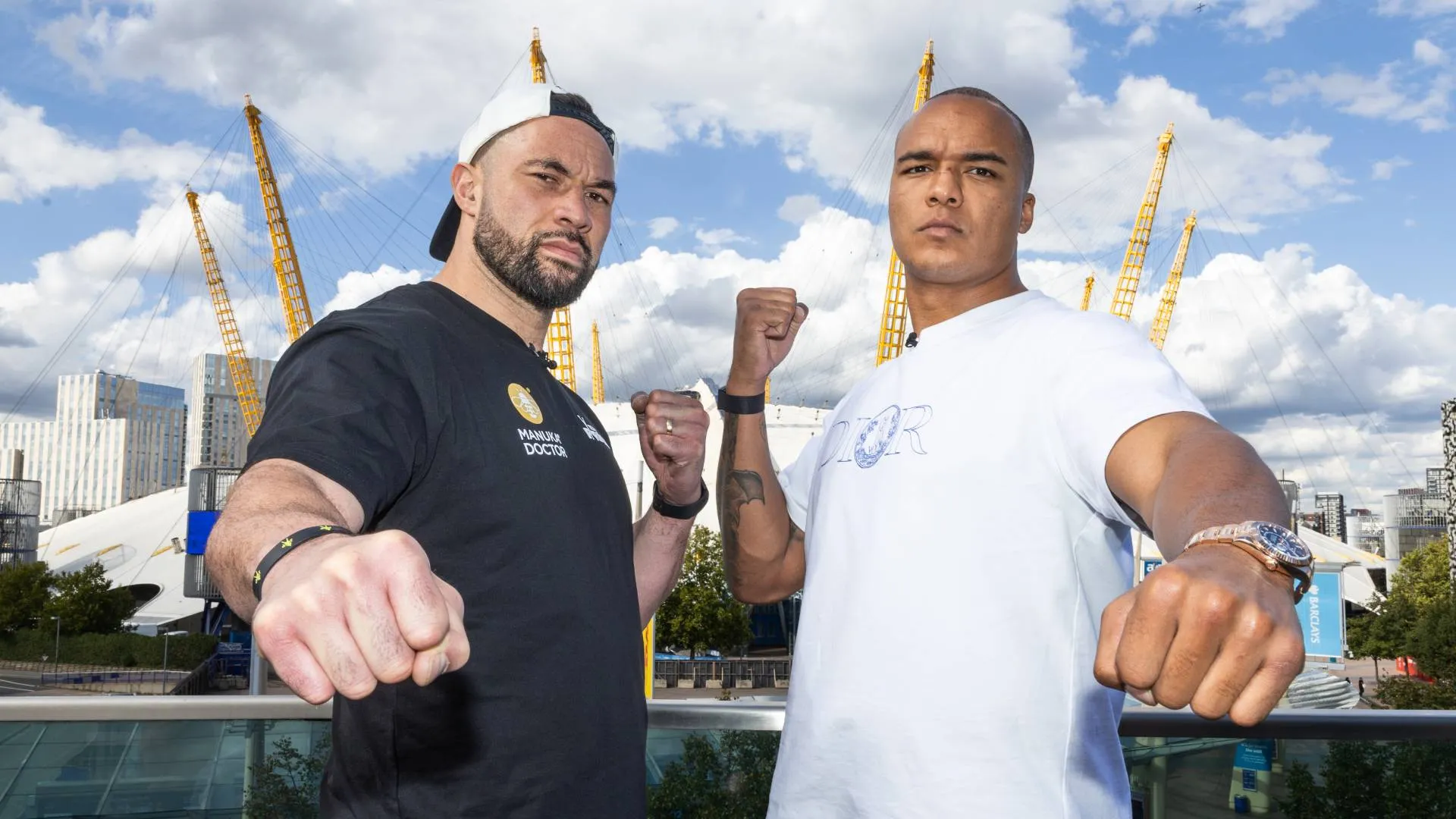
The Price Point Problem: Why $59.99 Stings More Than the Punches
$59.99. That number has become the central point of contention. To put this into perspective, fans in the U.S. are being asked to pay nearly sixty dollars — on top of their DAZN subscription — for a fight that is intriguing but hardly blockbuster material. Critics argue that this price feels especially tone-deaf when compared to other upcoming events. On the very same night, another PPV will air on Prime Video featuring Sebastian Fundora and Keith Thurman.
While that matchup has its own complications, the sheer fact that fans are being asked to choose between two PPVs on the same evening feels like an unnecessary squeeze. Why would a fight like Parker vs Wardley, which does not feature global megastars, be priced at the same tier as bigger boxing spectacles? This is the question leaving fans baffled.
The Co-Main Event: A Hidden Gem Overshadowed by the Price Tag
One cannot ignore the undercard, which actually looks promising. The co-feature between Denzel Bentley and Endry Saavedra has the makings of an explosive middleweight clash. Bentley, known for his technical craft and resilience, will attempt to outmaneuver Saavedra’s relentless aggression.
On another night, on another platform, this could have been one of those undercard gems that casual fans stumble upon and rave about later. Unfortunately, by hiding it behind an expensive PPV wall, the fight risks going unnoticed by a broader audience. It raises another key issue: are networks and promoters undervaluing the long-term benefits of wider accessibility in favor of short-term paydays?
Global Star Power: Does Parker Really Sell on His Own?
Joseph Parker is undoubtedly a respected name, especially in New Zealand where he enjoys hero status. His humility, approachable personality, and consistent willingness to fight top contenders have earned him loyalty among hardcore boxing followers. But here’s the reality check: does Parker have enough global star power to headline a $59.99 PPV in the U.S. market? The same question applies to Fabio Wardley.
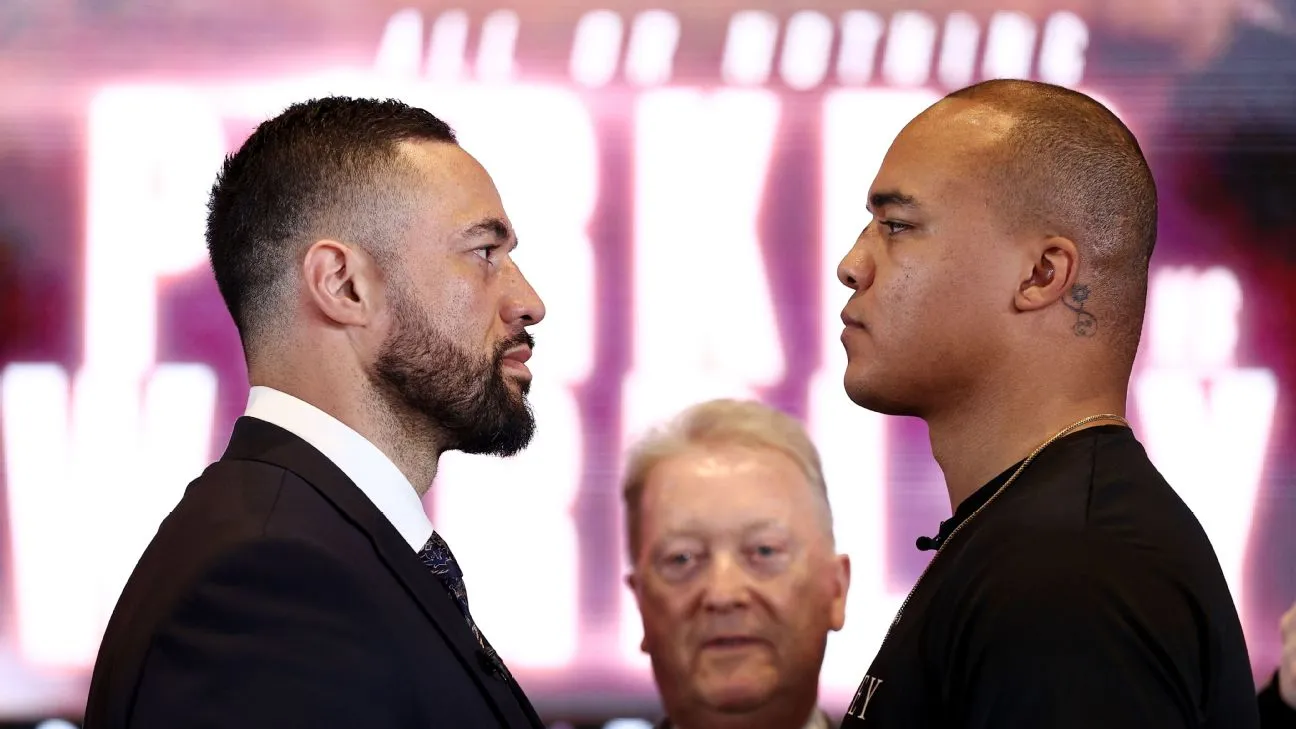
In the United Kingdom, Wardley’s profile is on the rise thanks to his knockout streak, but across the Atlantic, he remains relatively unknown outside hardcore boxing circles. Pay-per-view events are typically built on the backs of either global superstars or electric rivalries that transcend the sport. This matchup, while intriguing for purists, doesn’t seem to fit either category.
The Timing Disaster: Going Head-to-Head With Another PPV
One of the most puzzling aspects of this entire scenario is the scheduling. On the same night that Parker and Wardley step into the ring, fans will also be able to tune in to Sebastian Fundora vs Keith Thurman on Prime Video.
Fundora, nicknamed “The Towering Inferno,” brings his unique 6’6” frame into the junior middleweight division, while Thurman remains a household name among U.S. boxing fans. That event already offers plenty of intrigue, and many argue it has a stronger claim to the pay-per-view spotlight than Parker vs Wardley. By going head-to-head, DAZN has essentially forced fans to pick sides — and when wallets are tight, it’s unlikely that both PPVs will sell strongly.
Fan Backlash: Social Media Explodes With Criticism
Almost immediately after the $59.99 announcement, social media was flooded with criticism. Fans questioned whether DAZN had learned nothing from previous backlash over PPV pricing.
Many noted that they signed up for DAZN in the first place because it promised a subscription model that would end the endless cycle of PPVs. Instead, the platform has shifted toward a hybrid model, often charging PPV rates for fights that fans feel should be included in the standard package. Phrases like “cash grab”, “unjustifiable”, and “hard pass” dominated the comments, painting a picture of widespread discontent. For a sport already struggling to retain mainstream audiences in the U.S., alienating fans further with questionable pricing strategies feels like playing with fire.
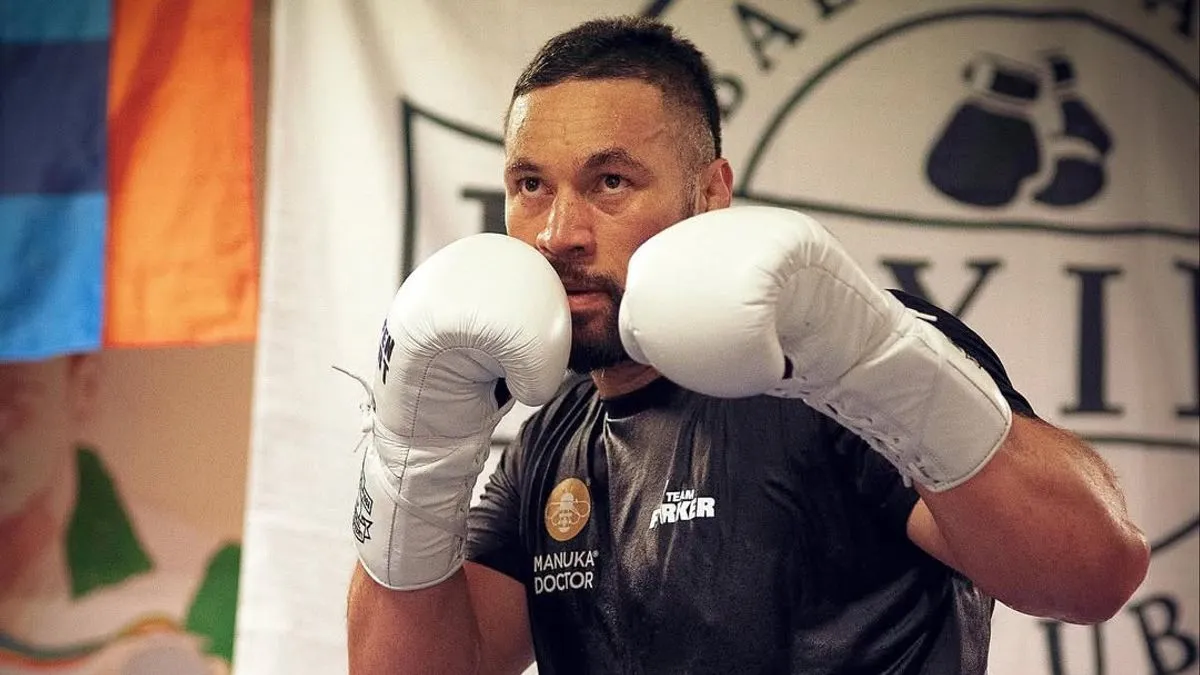
The Bigger Picture: Boxing’s Never-Ending Battle With Accessibility
This situation highlights a recurring issue in boxing: accessibility. Unlike the UFC, which packages its stars into a consistent PPV machine, boxing remains fragmented. Different promoters, networks, and streaming services constantly compete, often leaving fans caught in the crossfire.
The result? Viewers face higher costs, confusing schedules, and missed opportunities for crossover appeal. Instead of drawing in casual fans, the sport risks turning them away. Is Parker vs Wardley the kind of fight that should be used to test fan loyalty at $59.99? Many argue no, pointing out that these types of fights should be used to build fanbases, not drain them.
Why This Fight Still Matters: A Crucial Step for Both Fighters
Despite the controversy, the fight itself carries significant weight for both Parker and Wardley. For Parker, a victory cements his comeback narrative and sets him up for another run at a world title shot.
For Wardley, beating a seasoned veteran like Parker would mark his official arrival as a legitimate contender in the heavyweight division. In boxing terms, the stakes are real and the outcome will shape the near future of the heavyweight landscape. The problem is not the fight — the problem is the business decision behind how it’s being sold to the public.
Could This Backfire on DAZN?
The risk for DAZN is twofold. If the PPV underperforms, it signals once again that fans are unwilling to pay premium prices for fights that lack global star power. Worse yet, it could further damage DAZN’s reputation, making fans less likely to trust or invest in the platform moving forward.
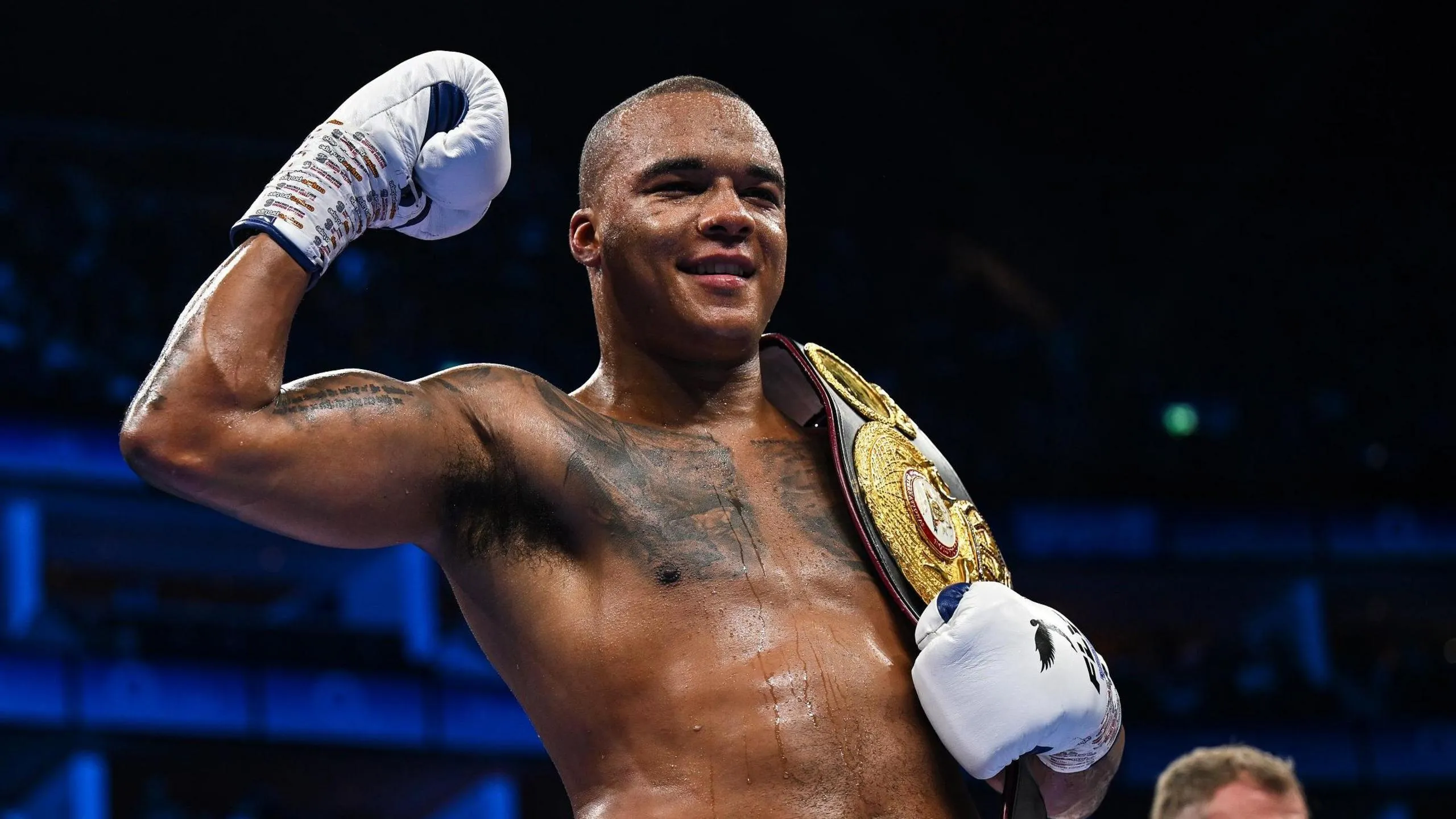
If fans skip the fight altogether because of the price, then both Parker and Wardley lose out on the exposure they desperately need to elevate their profiles. In the long run, that could hurt not just the fighters, but the sport itself.
Conclusion: A Fight Worth Watching, But Not Worth $59.99?
There’s no denying that Parker vs Wardley has the potential to deliver action inside the ring. A seasoned former champion against an unbeaten knockout artist is a recipe that often produces fireworks.
The undercard also has depth, and hardcore fans will find plenty to enjoy. But when judged against the $59.99 PPV price tag, the equation changes dramatically. Fans are being asked to pay superstar prices for a fight that, while good, does not carry superstar weight. And with another PPV competing on the same night, the risk of alienating fans is higher than ever. The final verdict may not be written until fight night numbers are released, but for now, the prevailing sentiment is clear: this is not the fight to test fan patience with premium pricing.








